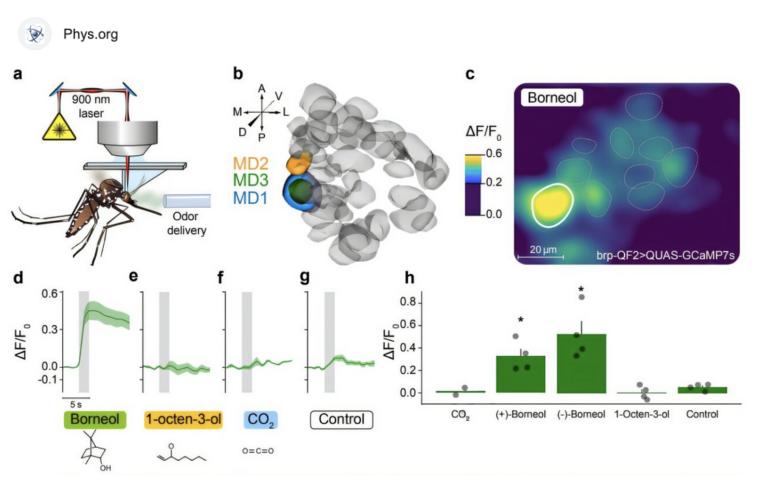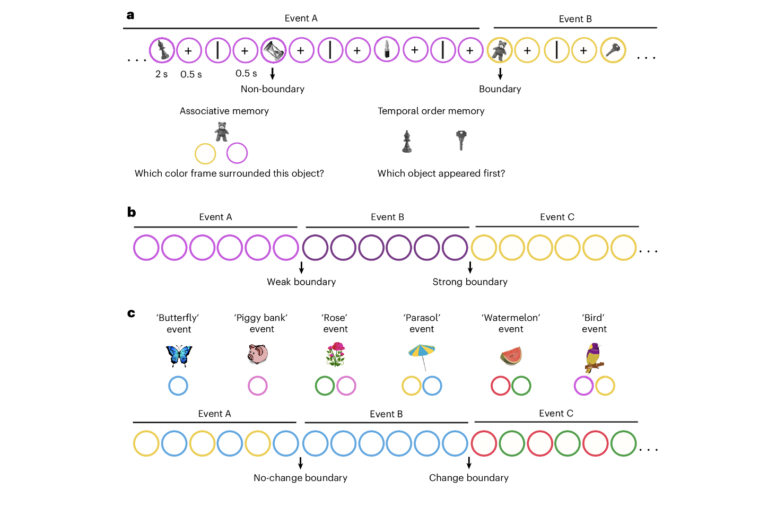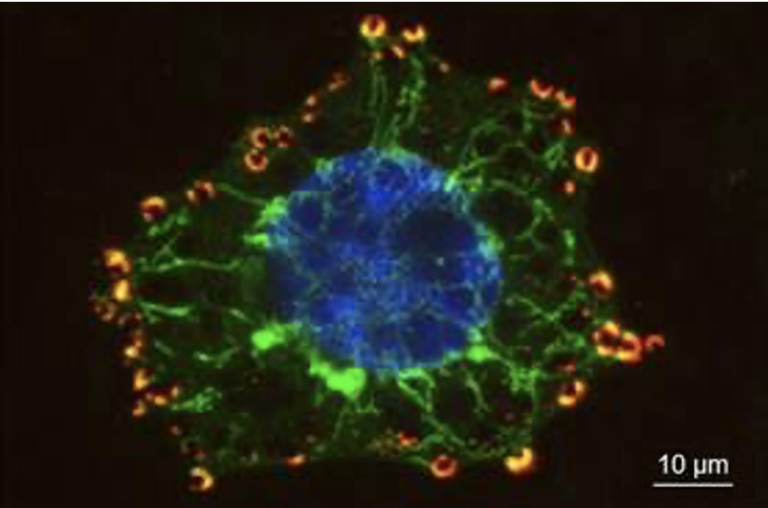Sheba (Israël) : espoir d’un nouveau traitement pour le cancer du pancréas

[:fr]
Le cancer du pancréas est le douzième cancer le plus répandu au monde, avec 458918 nouveaux cas en 2018 seulement. Pourtant, il s’agit de la 4ème cause de décès par cancer. Moins de 3% des patients atteints de métastases survivent plus de cinq ans après le diagnostic.
Le diagnostic précoce du cancer du pancréas est rare, car il n’y a souvent aucun symptôme avant un stade avancé de la maladie. Environ 80% des patients sont diagnostiqués au stade métastatique.
Le Dr. Talia Golan, responsable du centre de cancérologie pancréatique du Centre Médical Sheba en Israël mène actuellement des recherches ainsi que des essais cliniques afin d’évaluer un nouveau protocole thérapeutique, dans le but de soigner les patients atteints du cancer du pancréas.
Aux côtés de deux des plus grandes sociétés biopharmaceutiques au monde, Astrazeneca et MSD, le Dr Talia Golan, oncologue spécialisée dans les tumeurs malignes gastro-intestinales, mène des recherches permettant d’évaluer l’innocuité des produits et de tester l’efficacité d’un nouveau schéma thérapeutique, connu sous le nom de POLO, dans le but de traiter les patients atteints d’un cancer du pancréas métastatique, porteurs de la mutation BRCA 1 et 2.
Ces gènes humains produisent des protéines responsables de la réparation de l’ADN endommagé et jouent un rôle important dans le maintien de la stabilité génétique des cellules. Lorsque l’un ou l’autre de ces gènes est muté ou modifié, les dommages causés à l’ADN peuvent ne pas être réparés correctement et les cellules deviennent instables. Par conséquent, les cellules sont plus susceptibles de développer des modifications génétiques supplémentaires pouvant conduire au cancer.
Ce type de mutation se retrouve principalement dans les communautés juives ashkénazes (d’origine européenne) dont les femmes sont porteuses de la mutation des gènes BRCA 1 et BRCA 2.
« L’essai POLO utilisant le médicament Lynparza offre un espoir pour les patients qui souffrent d’un cancer du pancréas métastatique porteur de la mutation BRCA. Ce traitement illustre également l’avènement de la médecine de précision basée sur un bio-marqueur génétique spécifique, les gènes BRCA 1 et 2″, a révélé le Dr Golan.
POLO est une étude de phase III multicentrique randomisée, en double aveugle, contrôlée par placebo et par comprimés de Lynparza en monothérapie de maintenance. L’essai a randomisé 154 patients atteints d’un cancer du pancréas métastatique, dont la maladie n’a pas progressé sous chimiothérapie.
Publication dans New England Journal of Medicine, 2 juin 2019
[:en]
Dr. Talia Golan, the head of Sheba Medical Center’s Pancreatic Cancer Center, who has been conducting on-going research and clinical trials with Astrazeneca and MSD (Merck), two of the world’s largest biopharmaceutical companies, to evaluate the safety and test the efficacy of a new drug treatment regimen known as POLO in order to treat a specific type of metastatic pancreatic cancer ( in carriers of the BRCA 1 & 2 mutation) within patients around the globe, has reported very promising results in the prestigious New England Journal of Medicine.
« The POLO trial using the medicine Lynparza offers potential hope for those who suffer from metastatic pancreatic cancer and have a BRCA mutation, » Dr. Golan revealed. « This treatment also exemplifies the advent of ‘precision medicine’ based on a specific genetic biomarker, BRCA 1 & 2. »
Pancreatic cancer is the 12th most common cancer worldwide, with 458,918 new cases in 2018 alone. It is the 4th leading cause of cancer death, and less than 3% of patients with metastatic disease survive more than five years after diagnosis. Early diagnosis of pancreatic cancer is difficult, as often there are no symptoms until it is too late. Around 80% of patients are diagnosed at the metastatic stage.
What are BRCA Mutations?…
BRCA1 and BRCA2 are human genes that produce proteins responsible for repairing damaged DNA and play an important role in maintaining the genetic stability of cells. When either of these genes is mutated, or altered, such that its protein product either is not made or does not function correctly, DNA damage may not be repaired properly, and cells become unstable. As a result, cells are more likely to develop additional genetic alterations that can lead to cancer. A significant number of Ashkenazi Jews (European origin) around the world are carriers of the BRCA 1 & 2 genes.
About Dr. Talia Golan
Dr. Golan is a medical oncologist, specializing in gastrointestinal malignancies, and is recognized as a world-renowned specialist and researcher in the field of pancreatic cancer. Dr. Golan is also the director of Phase I clinical trials unit at Sheba’s Pancreatic Cancer Center.
About Sheba Medical Center, Tel HaShomer
Sheba Medical Center, Tel HaShomer is the largest and most comprehensive medical center in the Middle East. Sheba is the only medical center in Israel that combines an acute care hospital and a rehabilitation hospital on one campus, and it is at the forefront of medical treatments, patient care, research and education. In 2019, Newsweek magazine named Sheba one of the « Top 10 Hospitals in the World ». To learn more, visit: eng.sheba.co.il.
About the POLO trial and Lynparza
POLO is a Phase III randomized, double-blinded, placebo-controlled, multi-center study of Lynparza tablets (300mg twice daily) as maintenance monotherapy vs. placebo. The trial randomized 154 patients with gBRCAm metastatic pancreatic cancer whose disease has not progressed on 1st-line platinum-based chemotherapy.
Lynparza (olaparib) is a first-in-class PARP inhibitor and the first targeted treatment to block DNA damage response (DDR) in cells/tumours harbouring a deficiency in homologous recombination repair (HRR), such as mutations in BRCA1 and/or BRCA2.
[:]







